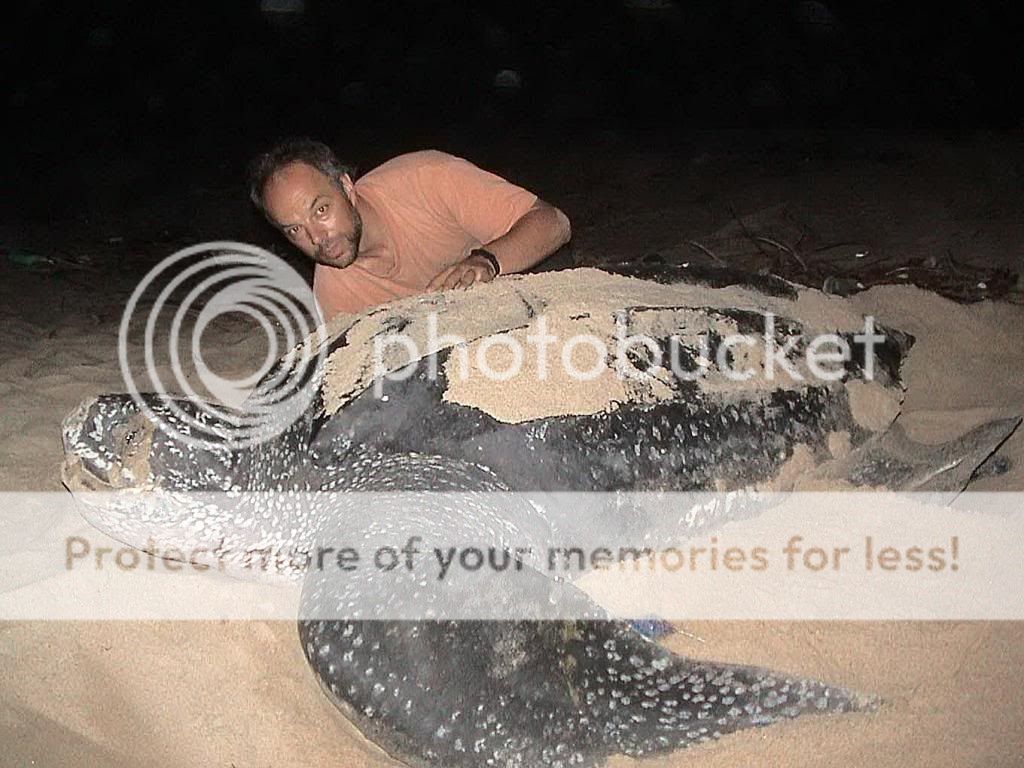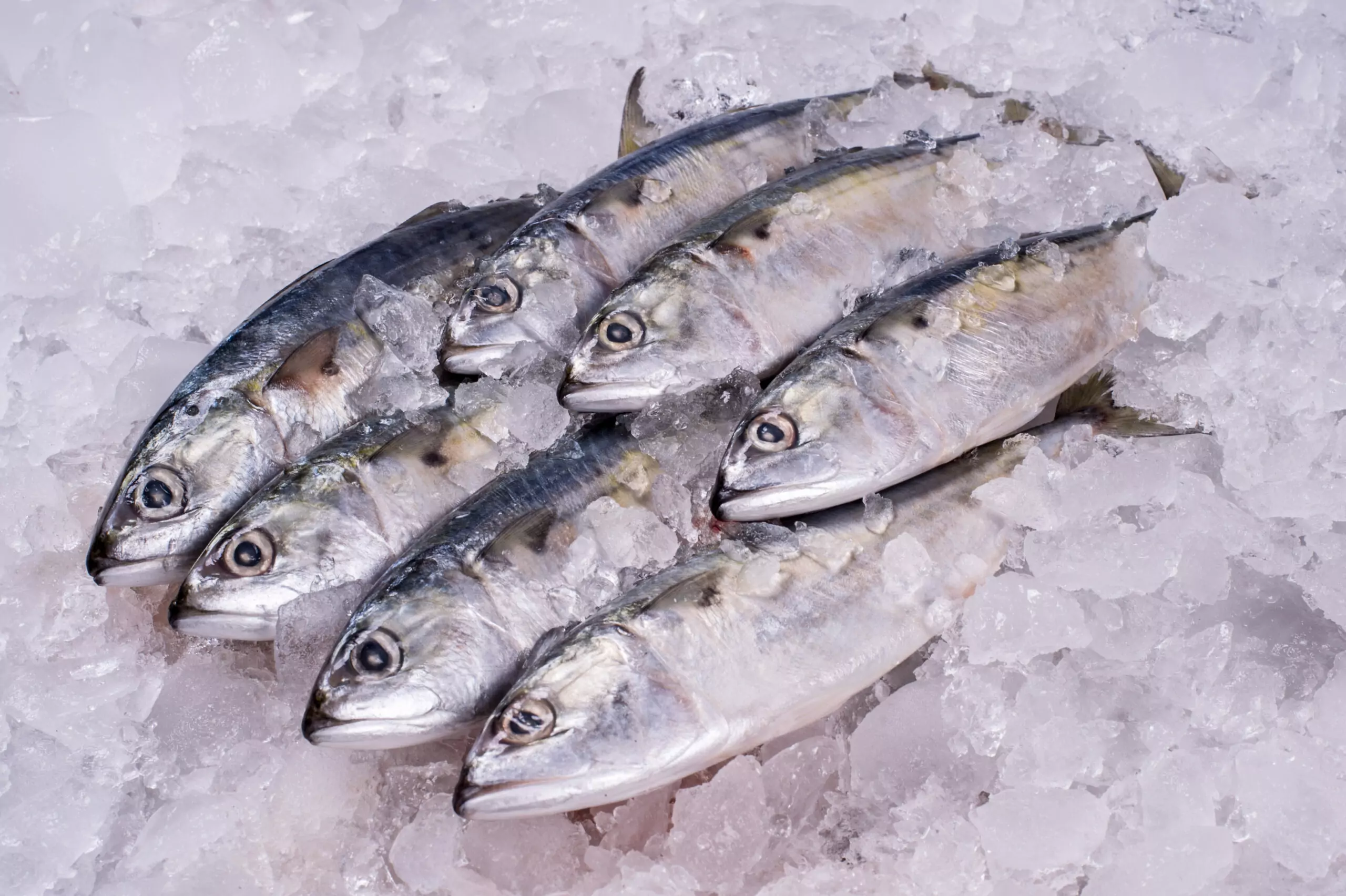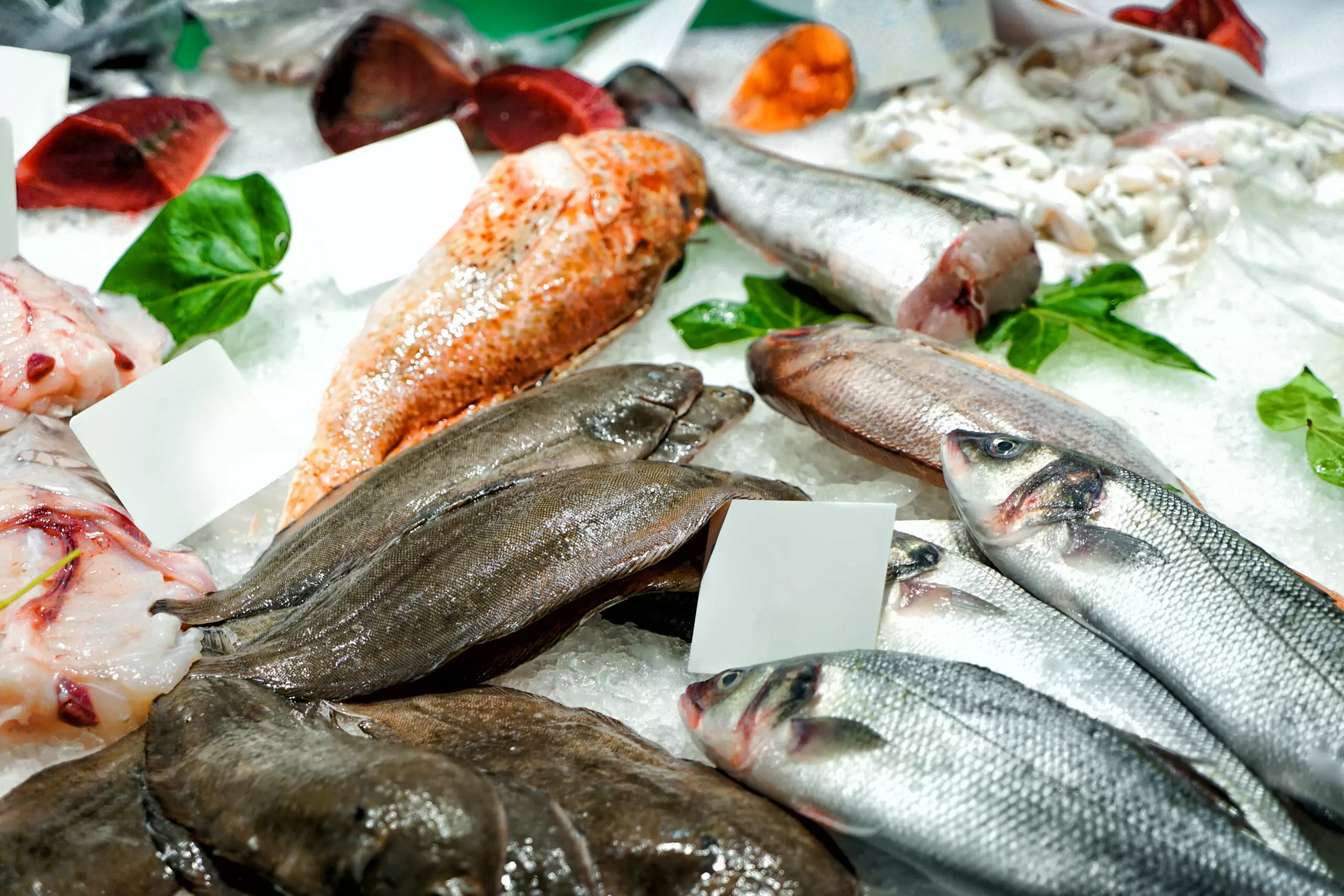Our oceans contain a hidden magic. They have a special way of igniting our childlike wonder of the curious creatures beneath the waves. When we read about the ocean, see photos and videos, or experience the beauty of it in person – our minds establish a deeper connection that inspires us to care. This connection is a crucial part of making action a reality. So many of the ongoing environmental problems still occur because not enough people feel connected – therefore we don’t take action. We conserve only what we care about.

Image provided by the Blue Ocean Institute.
The Blue Ocean Institute is an amazing organization that is determined to turn this around. Through books and videos, they tell the story of our oceans so people can see the beauty and be intrigued by the magic. They communicate ocean science in a way that every person can understand. By promoting hope and compassion rather than doom and gloom, the Blue Ocean Institute inspires people to make positive strides towards conservation. Dr. Carl Safina, a conservation pioneer and MacArthur fellow, founded the Blue Ocean Institute in 2003. He tells us how their passionate work encourages people to care about the sea and make better choices.
What is the mission of the Blue Ocean Institute?
To put myself out of a job! But short of that, to get many more people to see a deeper connection with the natural world and to understand what is at stake as we degrade and disable natural systems and lose our living companions, the other species that have made it this far with us.
In what ways does the Blue Ocean Institute inspire people to care about our oceans?
We inform, and we do. We write books about how the ocean is changing and what the changes mean for wildlife and for people. I did a 10-part series called Saving the Ocean on PBS, that’s free on the PBS website now. We do research on animals, such as sharks, and work very actively to be sure that some species are banned from sale and that those bans are internationally followed. We also go to villages to help people understand and take charge of their connection to the reefs that feed them.
What have been the greatest accomplishments of the Blue Ocean Institute?
Well, we know we’re getting the word around effectively because other people nominate us for some of the very top awards for writing, conservation, and creativity. And we often win. Our books are well-known, and our role in direct protection and in policy change has meant that there are lots of animals—especially fish, especially in U.S. waters—still swimming in the ocean because of our work.
How do you show people that community, the economy, and peace are connected?
This is where books come in. Books and television. In a word, stories. Stories are the vehicle to braid the facts together into strands of larger truths that people can see and understand.

Image provided by the Blue Ocean Institute.
What are some of the most pressing issues for our oceans that you work to inform people about?
We inform people about where their seafood comes from, and what makes some of it much better than others, in terms of sustaining the catch and harming the natural systems. Climate and energy is a hugely important issue, not just the warming but how the pH of the ocean is dropping, threatening to dissolve corals, clams, and things with shells. We have to stop burning things to make energy, and move to clean technologies. Overfishing, of course, is still a huge problem in most of the world. And I am increasingly working on how animals of the land and animals of the ocean share the same root problem: too many of us. We are too much of a good thing.
How do you encourage people to become involved in their oceans? What are the tangible benefits?
We encourage people to become involved by elevating both the beauty and what is at stake. We also give practical information on seafood choices, in connection with the Monterey Bay Aquarium and Whole Foods, and on our website.
The ocean remains a beautiful place full of mystery and true awe, not to mention fantastic animals; and for seafood eaters, some of the best food can be found there. Beauty is certainly tangible; it changes your blood chemistry and makes living worthwhile. Life has to be more than just working to pay the bills.
What are resources you can suggest for people to learn more about ocean health and ways they can help?
My books, Paul Greenberg’s books, Saving the Ocean on PBS, our website, Sylvia Earle’s work, any public aquarium, some of the big conservation groups, and the marine labs around the country and internationally.
What would you say to businesses and residents of California when they are choosing their seafood?
Choose like it matters—because it does, for your health and the ocean itself.

Image courtesy of Carl Safina.
Inspiring connections
There are many threats to to the seas of the world; from overfishing to pollution, and everything in between. Each problem is serious and needs our attention. But if we are to preserve healthy marine ecosystems, we must truly appreciate them for what they are and what they provide us. Carl Safina and the Blue Ocean Institute convey the beauty of the oceans for everyone to see and appreciate. This positive connection with their splendor is what inspires people to protect them. Make your connection with the sea and experience the true beauty of nature. Make your seafood choice like it matters – choose sustainable distributors for your seafood, such as Pucci Foods.
“To come to a place without people helps us take the measure of how much people have changed the world and what the world is capable of giving back.” –Carl Safina


